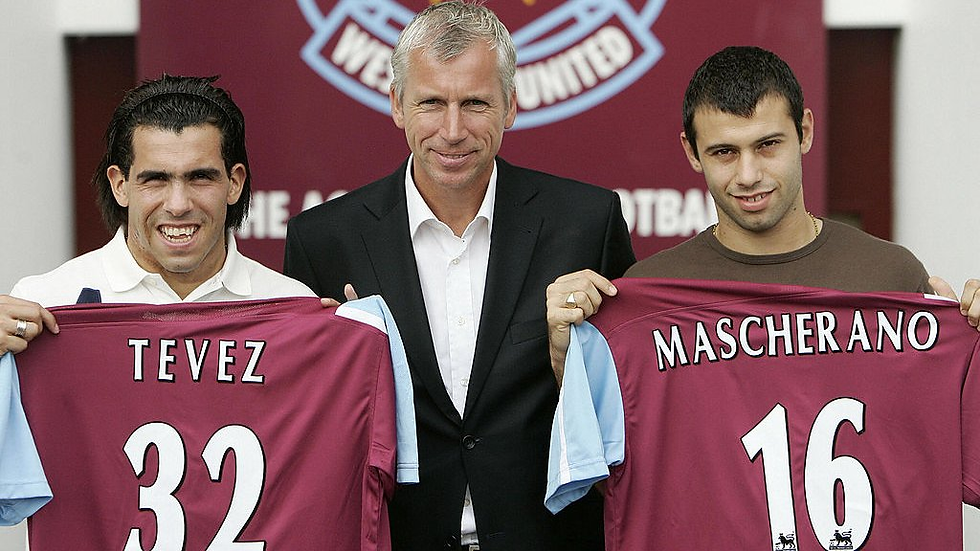Anti-Doping Testing: New Way Ahead
- May 23, 2021
- 3 min read
*Sathyanarayanan Iyer Gopalan

Introduction
The field of sports has its issues and challenges resulting in tarnishing the sport's image amongst the public and the followers of the sport. Numerous issues such as doping, racism, gender discrimination, and match-fixing have been a prolonged hindrance to the sport's development.
Doping is one amongst such issue which results in the non-equal playing field. The essence of any sport is to play fair. To ensure athletes do not indulge themselves with doping,
The World Anti-Doping Agency (WADA) was established with an objective ‘to promote and coordinate the fight against doping in sport internationally’[1]. WADA, its signatory members and respective National Anti-Doping Agencies have been taking numerous efforts such as regular testing of athletes, educating the athletes on the harms of taking performance-enhancing drugs to put an end to doping in sports.
As part of this objective, regular testing is being carried out, ensuring that athletes are under continuous supervision. Currently, blood samples and urine samples are taken for testing to find any prohibited drugs. However, the existing testing process has disadvantages such as time-consuming processes, difficulties in transportation, and storage of samples, and due to this, large-scale testing becomes difficult. Testing is conducted both in competition and out of competition. In-Competition testing is a tedious task in the Olympics, and World Cup of various sports since the number of participants is higher. This has been a concern, and various stakeholders have emphasised the need for a faster and large scale testing method.
New Way Ahead: Tokyo Olympics
During the 2016 edition of the Olympics held in Rio de Janeiro, more than 1900 athletes were not tested.[2] Such large numbers indicate the failure on the part of the testing agency in matching the required level of efficiency. In events such as Olympics, which have a huge following, it is imperative that all possible methods are to be carried out to find any breach of the Anti-Doping guidelines.
With the COVID-19 pandemic creating havoc across the world and many sporting events resorting to bio-secure bubbles to keep the participants safe from the virus, simultaneously organising these large-scale events has become an uphill task. With lock-down being imposed in most of the countries, the movement of people has been constrained. This also applies to testing methods. Though the testing has not been suspended, the number of testing’s carried out has decreased considering the practical difficulties.
With the fate of the Tokyo Olympics still hanging in the balance due to the pandemic, and efforts being taken by the International Olympic Committee and the host i.e. Tokyo Organising Committee of the Olympic and Paralympic Committee, in leaving no stone unturned to ensure the postponed edition of the Olympic takes places in 2021, the WADA has come up with new plans to step up the rate of testing.
WADA President Witold Banka has announced that a new method of testing known as the ‘Dried Blood Spot Testing’,[3] would be introduced as a trial during the Tokyo Olympics, and in due course of time, this technique could be implemented as a routine testing method.
This technique is faster in collecting samples, which in turn would ensure a higher rate of testing. Further, the storage and transporting of samples are easier than the existing methods of sample collection.
Conclusion
The effort taken by the WADA to implement a new method of testing is note-worthy. However, despite this sample collection method's efficiency being tested and discussed by the WADA before its implementation, only with large scale testing the pros and cons of this method can be determined. The success of this method would result in a breakthrough method for testing and could potentially lead to a decrease in the number of anti-doping violations in the near future.
*The author is an advocate who has completed his LLM in Sports Law from Nottingham Trent University, UK.
(The image used here is for representational purposes only)
References
[1] The World Anti-Doping Agency, ‘Who We Are’ (The World Anti-Doping Agency)
<https://www.wada-ama.org/en/who-we-are#:~:text=Pursuant%20to%20the%20terms%20of,against%20doping%20in%20sport%20internationally. > accessed 22 May 2021.
[2] Matthew Futterman, ‘Ahead of Tokyo Olympics, Better Drug Testing Is a Hard Promise to Keep’ The New York Times (6 May 2021)
< https://www.nytimes.com/2021/05/06/sports/olympics/olympic-drug-testing.html > accessed 22 May 2021.
[3] The Times of India, ‘'Game-changing' drug tests to be trialled at Tokyo Olympics: WADA’ The Times of India (Montreal, 22 May 2021)
< https://timesofindia.indiatimes.com/sports/tokyo-olympics/game-changing-drug-tests-to-be-trialled-at-tokyo-olympics-wada/articleshow/82850174.cms > accessed 22 May 2021.




Comments